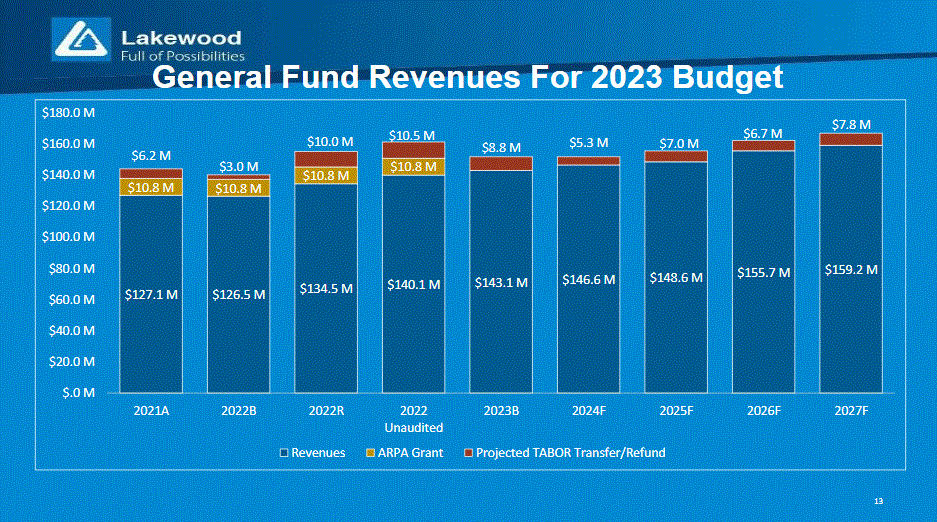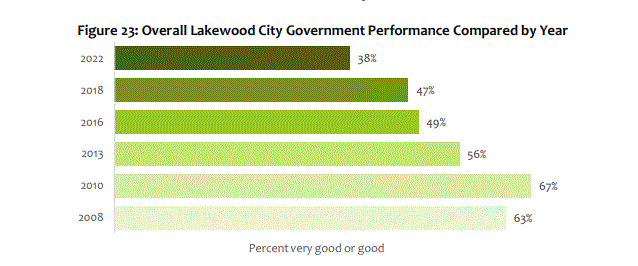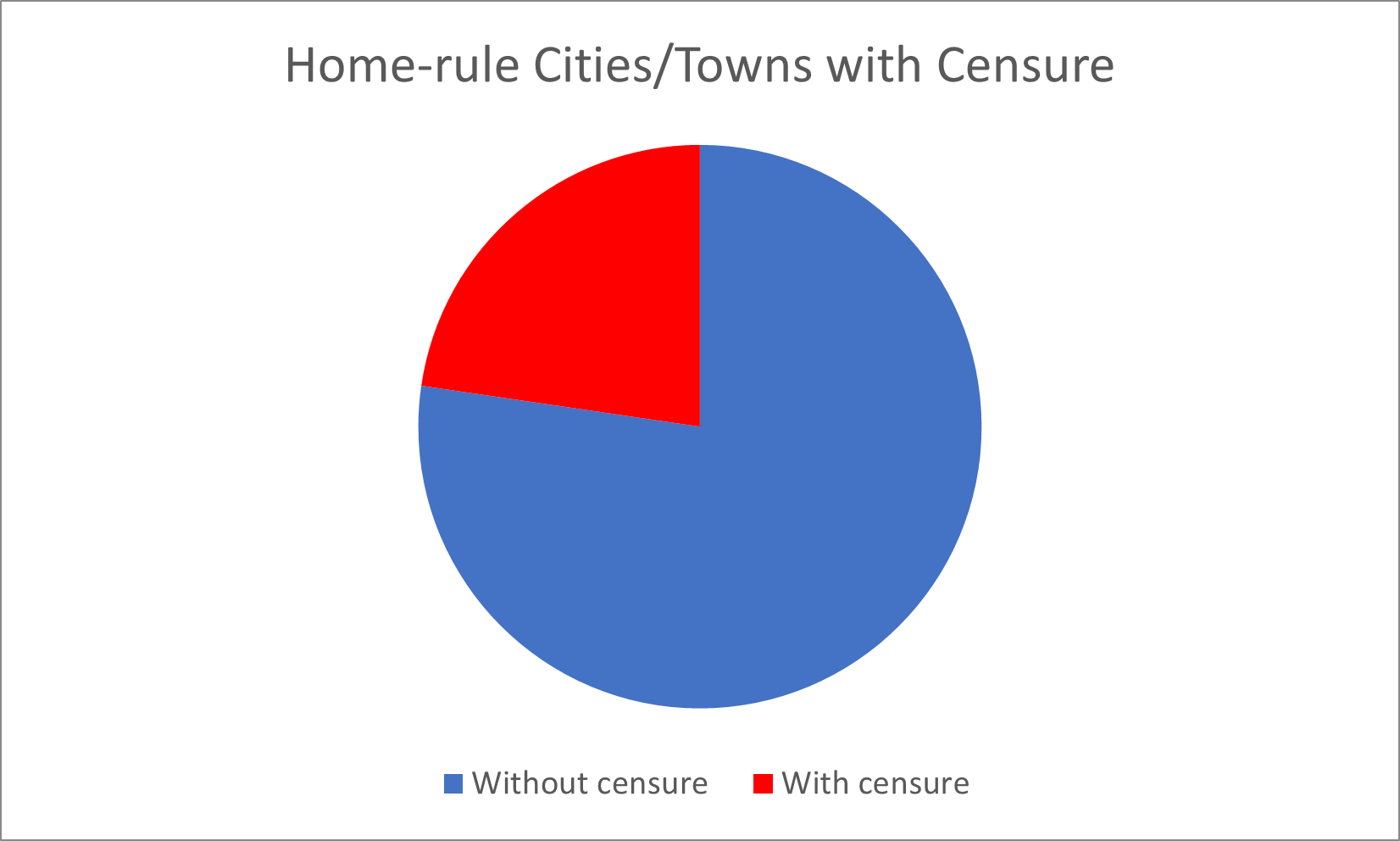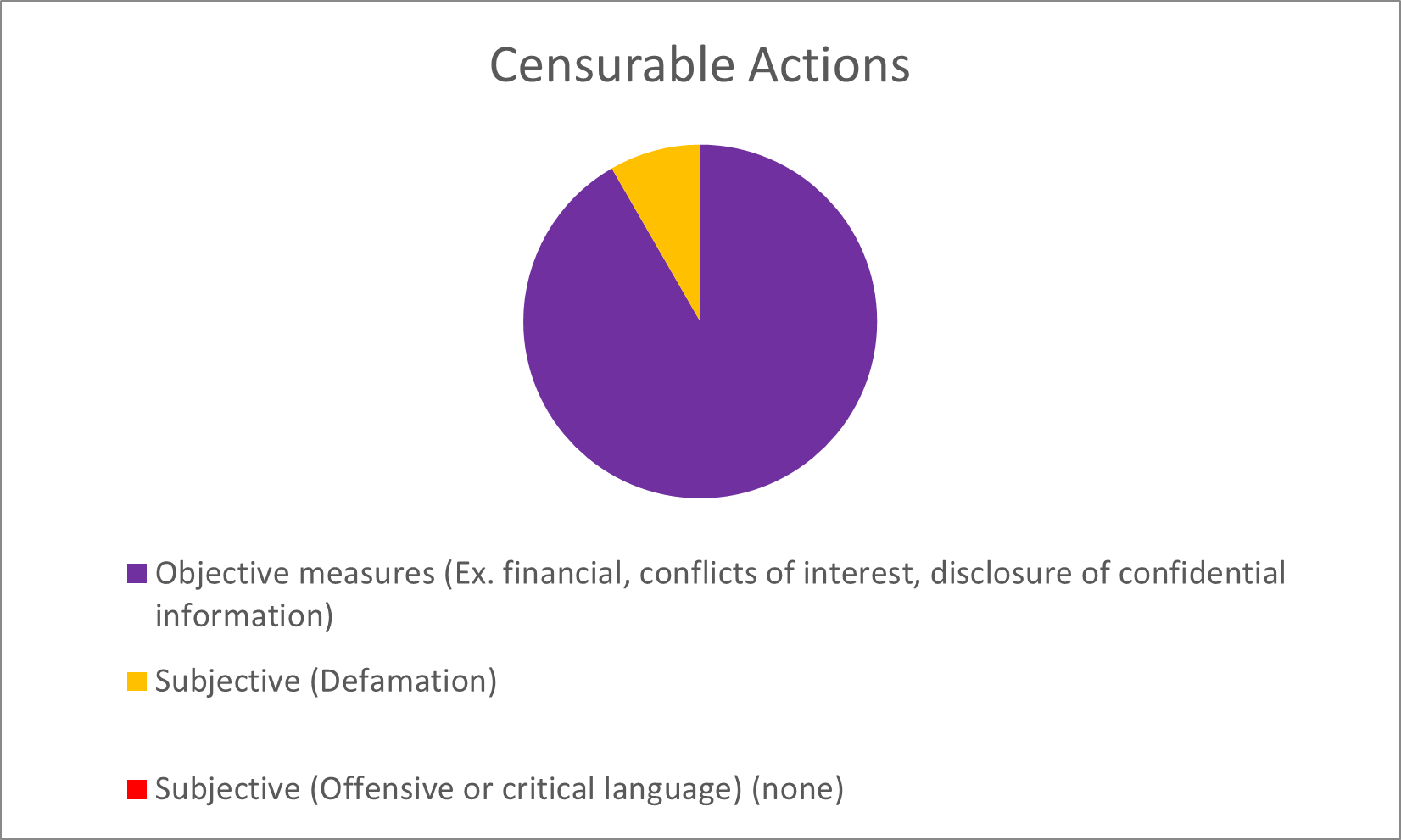On June 6, the Lakewood Budget and Audit Board decided to recommend that Lakewood keep future TABOR funds instead of refunding any excess to taxpayers. That recommendation will proceed to City Council for approval, along with the recommendation for resident input through focus groups. If approved, the issue will be on the 2024 ballot.
In 2018, over 60% of Lakewood voters approved allowing Lakewood to retain funds that would otherwise be refunded through TABOR. That measure expires in 2025. At that time, the voters were told this was a one-time measure, which would be used to fund “parks, police and potholes.” Those program promises were fulfilled. The 2019 budget used $12.5 million of TABOR funds, $8 million of which went towards parks property purchases (Looking@Lakewood). The 2021 budget used $5.5 million on police body cams, among other things (Looking@Lakewood pg4). However, the city is now used to spending at that level.
Overall expenditures and revenues from the General and TABOR funds were presented at the March 16 Budget Board meeting. As of the June 6 meeting, the day the decision was made by the Budget Board, no critical program was identified as needing additional funds only available through TABOR retention. Instead, overall levels of city spending have grown, and funding for all departments will need reduced proportionately if the city must operate within the General Fund budget. The General Fund is strained because Lakewood’s residential population has grown, requiring increased services, while economic development has not grown, resulting in fewer sales taxes. Lakewood’s mixed-use zoning has exacerbated that problem by replacing commercial buildings with residential.
Work to identify actual budget cuts or increased spending will not be done until after the measure is voted on. That appears to be separate from work to find what the voters may be interested in hearing will be cut or saved, which will affect city decisions and the ballot language. This marks a clear delineation between operational necessity and wish-list type programs. It also brings up the possibility that wish-list promises will be made at the expense of prioritization of available funds. Even within the Budget Board meeting, increased overall spending was not a focus and was not overlaid with decreasing resident satisfaction. Focusing only on the wish-list expresses a false-positive that spending is appropriate and effective (i.e. everyone would agree to a bigger Christmas budget if they didn’t have to evaluate the day-to-day).


The Budget Board recommended hiring a specialist to hold focus group sessions to message and explain what they believed the city needs, while also gathering input from voters. The recommendation did not include researching resident desire to retain funds they could use themselves through TABOR refunds. The focus group will look at what programs residents are interested in spending on, and the length of time they would allow the city to retain funds, including indefinitely. Resident input sessions will be done at city expense, to result in recommendations for a ballot measure the voters will approve.
Focus groups and surveys are effective campaign strategies for ballot measures. Straight ballot measures, without campaign strategies, would be to present voters with three different options: refund TABOR money, keep money for another 5 years, keep money indefinitely. No program spending needs to be identified since that was not part of the original decision.
There was limited discussion of ways to operate within budget without retaining TABOR funds. The city has standard procedures in place for such circumstances. The Budget and Audit Board does not typically engage at that level of detail. Instead, the Board decided to ask for continued TABOR fund use.
The next steps will be for City Council to accept or reject the board recommendations. The recommendation came through consensus; no vote was taken but no dissenting opinions were voiced.
Reader Recommended Business:





